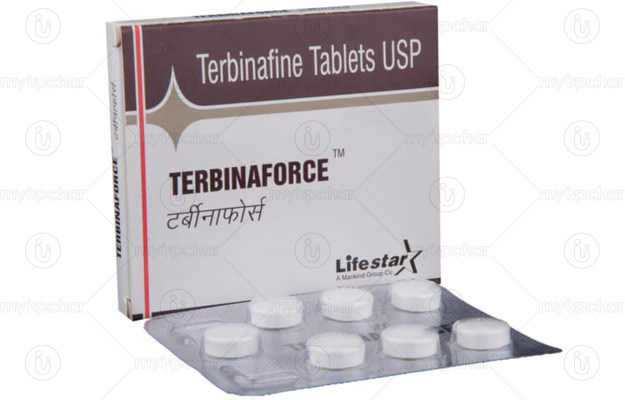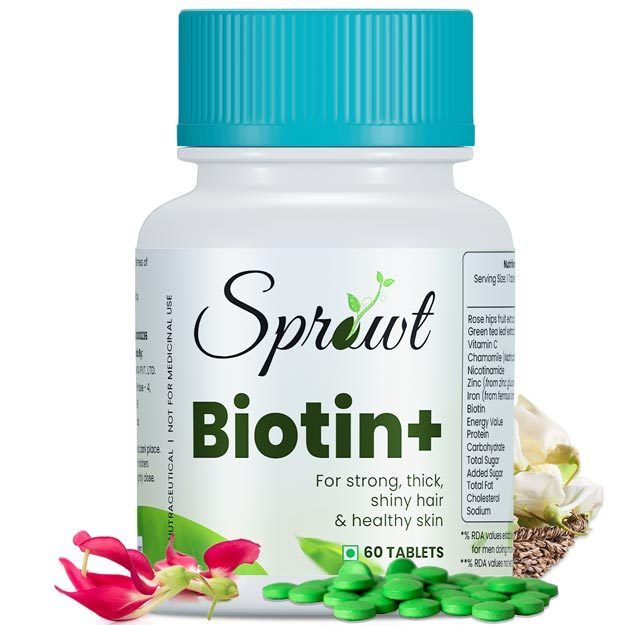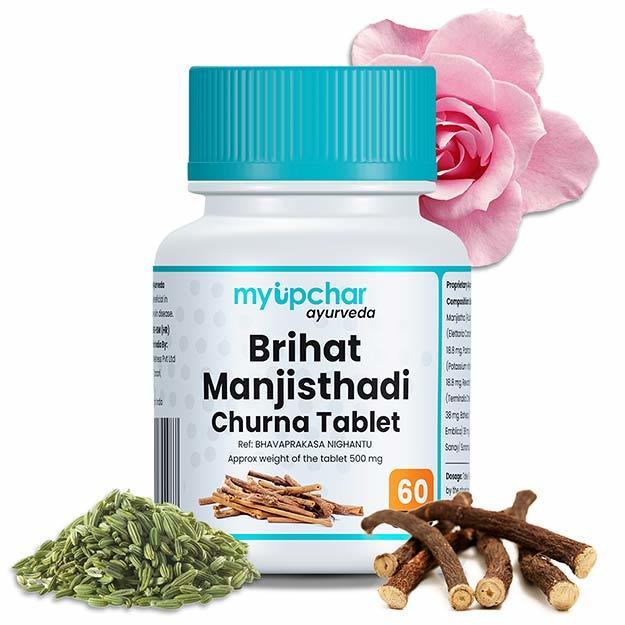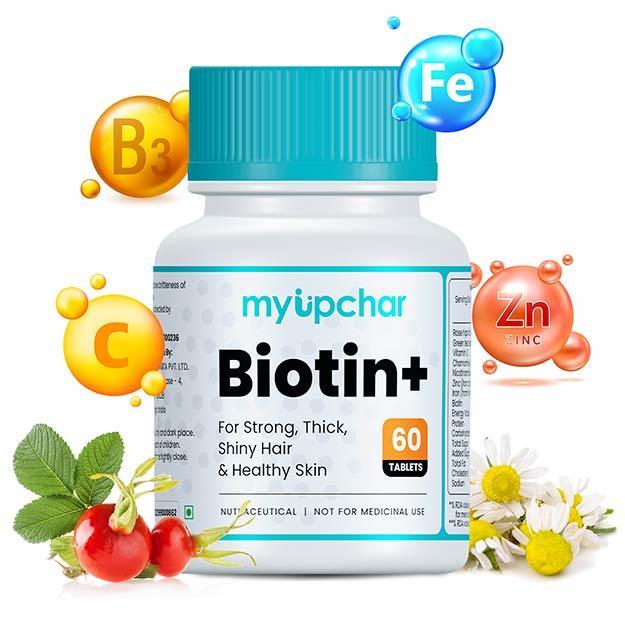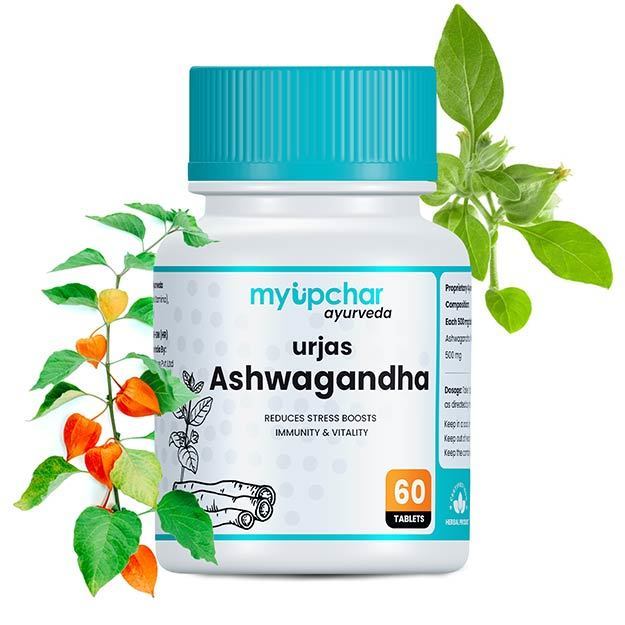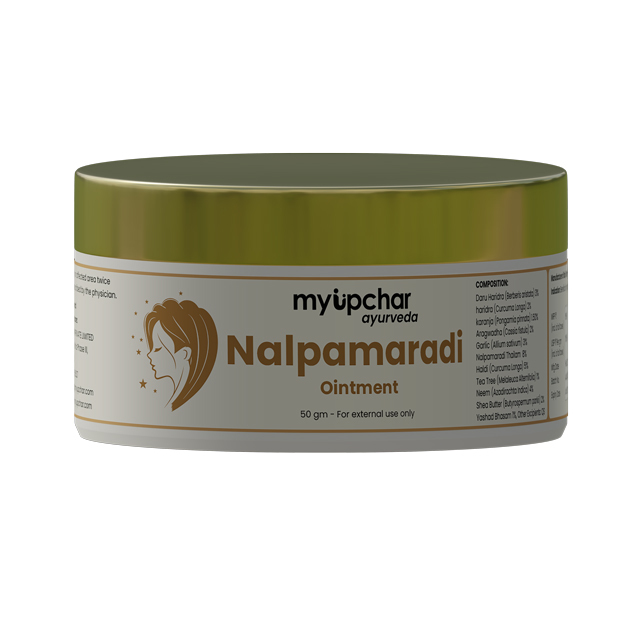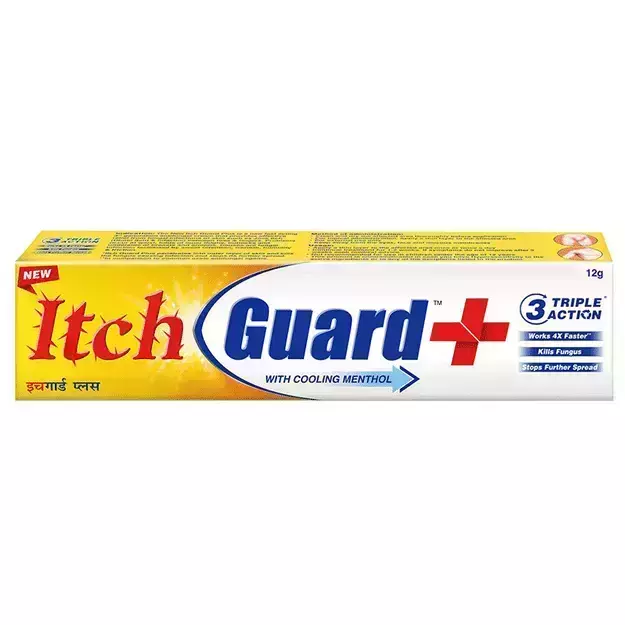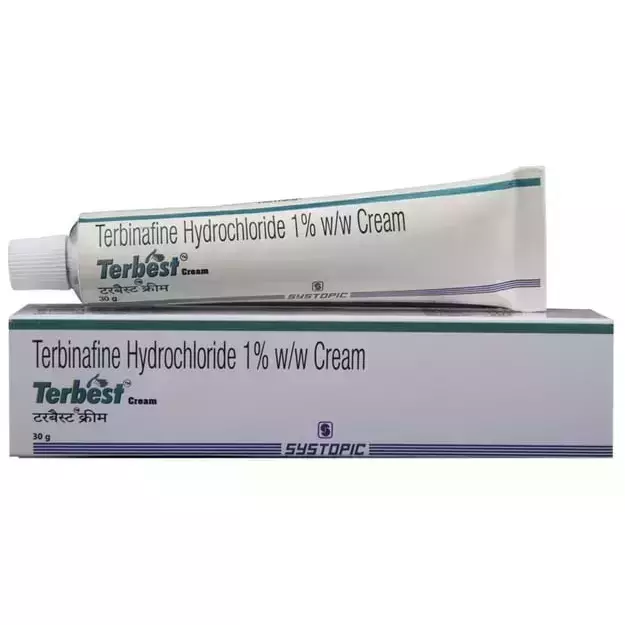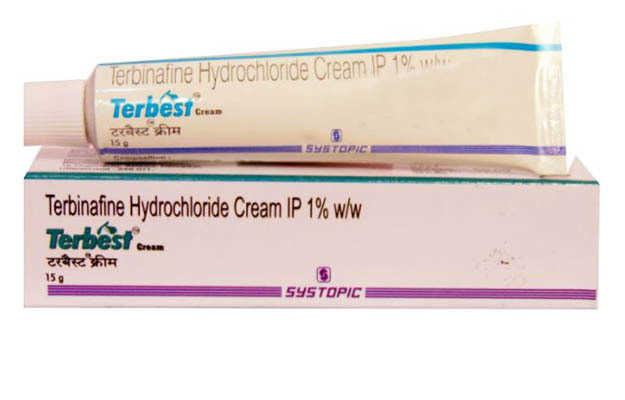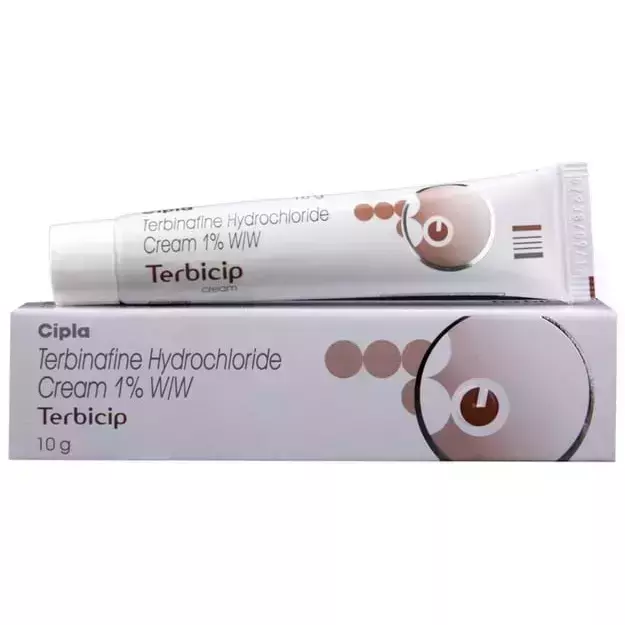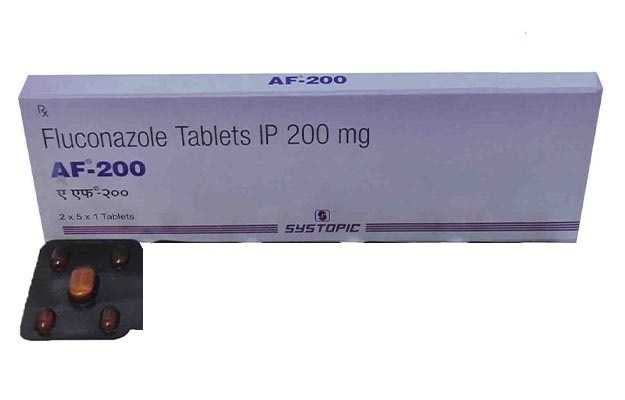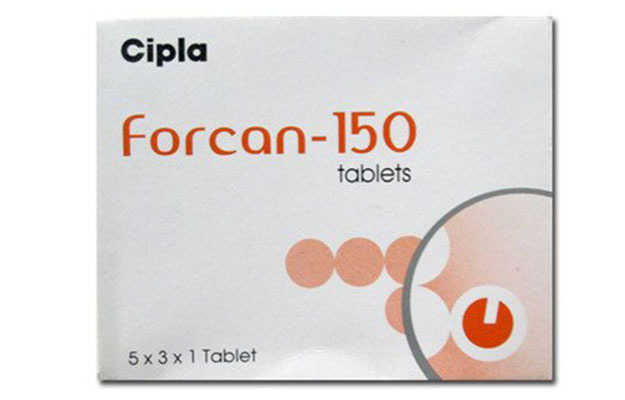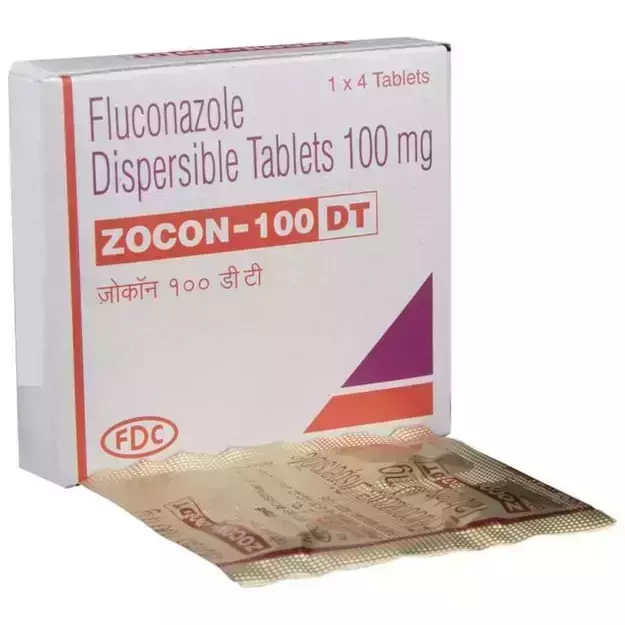Tifin Tablet, a prescription drug, is manufactured in various forms such as Tablet. It is primarily used for the treatment of Fungal Infections, Nail Fungus. Other than this, Tifin Tablet has some other therapeutic uses, which have been discussed ahead.
The optimal dosage of Tifin Tablet is largely dependent on the individual's body weight, medical history, gender and age. Individual symptoms and route of administration also determines the right dosage. Refer to the dosage section for a detailed discussion.
The most common side effects of Tifin Tablet are Abdominal Pain, Headache, Flatulence. While these are the most often observed Tifin Tablet side effects, there are can be others also. These have been listed below. Usually, these side effects of Tifin Tablet go away soon, and do not persist beyond the duration of the treatment. Consult your doctor if these side effects become worse or stay for a longer duration.
In addition, Tifin Tablet's effect is Safe during pregnancy and Severe for lactating mothers. It is important to know if Tifin Tablet has any effect on the kidney, liver and heart. Information on such adverse effects, if any, has been given in the Tifin Tablet related warnings section.
Some other conditions that can be affected by Tifin Tablet are listed in the contraindications section below.
Additionally, Tifin Tablet may also adversely react with other medicines. Refer to the list below for further details.
You should also be aware that Tifin Tablet is not safe while driving, and is not addiction.
X

